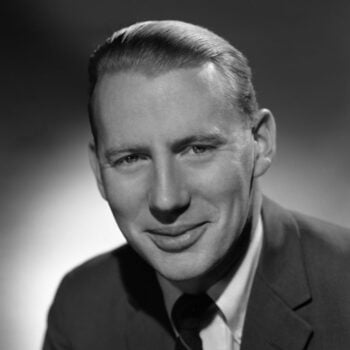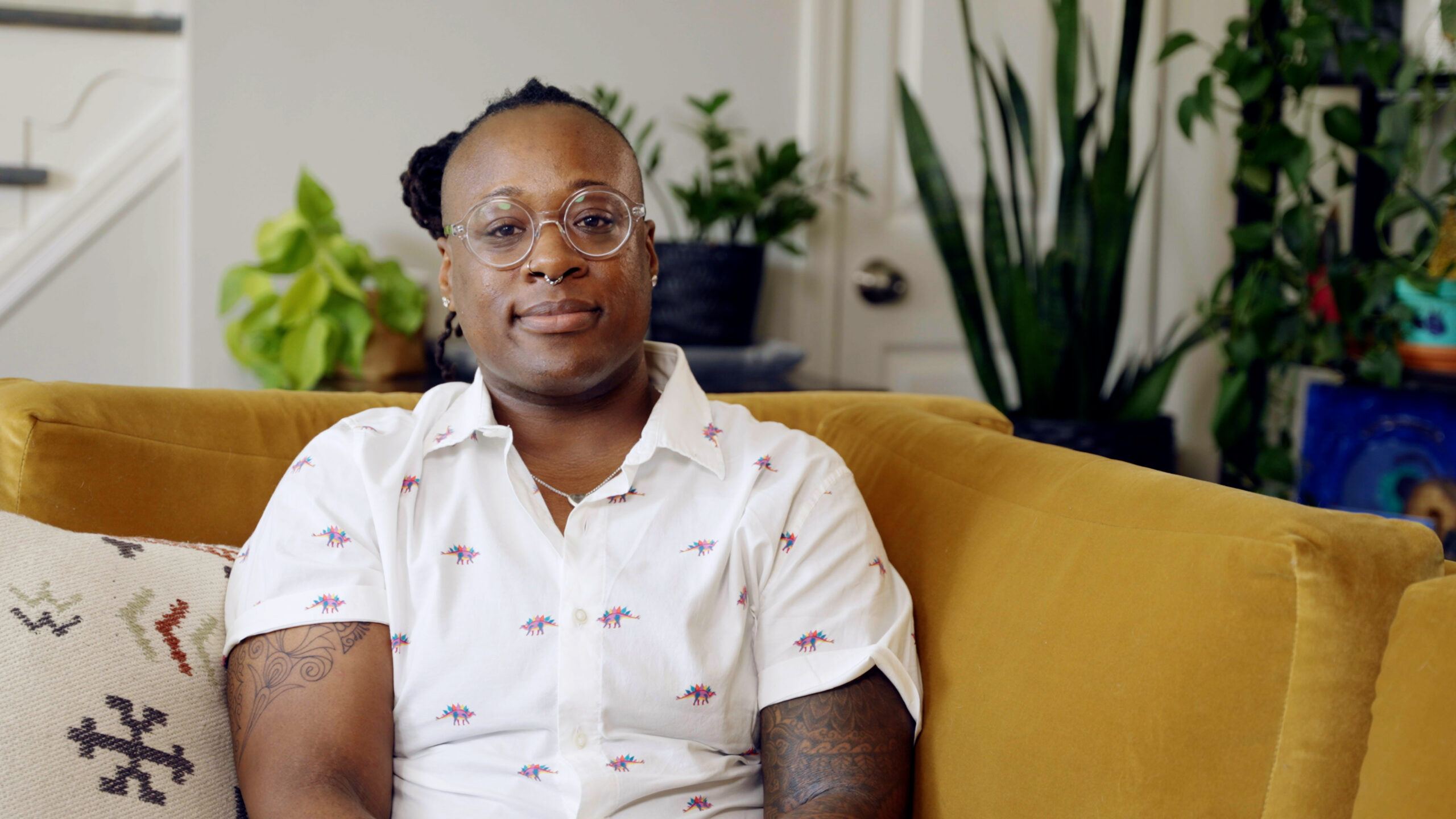Robert MacNeil, founding co-anchor of ‘PBS NewsHour,’ dies at 93

PBS NewsHour
Robert MacNeil, seated at center, with Judy Woodruff, left, Jim Lehrer and Charlayne Hunter-Gault.
Robert MacNeil, a broadcast journalist who co-founded the weeknight news program that became PBS NewsHour, died Friday at the age of 93.
MacNeil’s death was confirmed by his daughter, Alison MacNeil, who told the Associated Press that he died of natural causes at New York-Presbyterian Hospital in Manhattan.
With Jim Lehrer, his partner in creating PBS’ signature evening news program, MacNeil pioneered gavel-to-gavel news coverage of congressional hearings and the roundtable format of news analysis on television.
In public remarks, PBS President Paula Kerger called MacNeil’s passing “a tremendous loss for our country” and went on to praise his work alongside co-anchor Lehrer, who died in 2020.
CPB President Pat Harrison said MacNeil’s brand of journalism and the programs associated with him “set the standard for trusted, in-depth, objective journalism that set public media apart.”
MacNeil, a Canadian, first made his mark as a television journalist when he covered the assassination of President John F. Kennedy for NBC News. But MacNeil eventually grew tired of what he considered commercial media’s penchant for flash as opposed to substance, so he took his talents to the emerging media outlet PBS in 1971.
By 1973, MacNeil and Lehrer co-anchored primetime coverage of the Senate Watergate hearings. The Robert MacNeil Report, a 30-minute program that focused on a signal news topic and avoided fussy production choices, debuted in 1975.

Lehrer once said that the strength of the format was also its weakness. “The best aspect of that format,” Lehrer said, “was our commitment to one story for 30 minutes. The downside was our lack of flexibility. It sometimes got very ponderous. As MacNeil has always said, ‘It takes a lot of courage to be boring.’”
Before the formation of The Robert MacNeil Report, not all public television programmers appreciated MacNeil and Lehrer’s matter-of-fact reporting on Watergate, according to the New York Times, but winning an Emmy helped propel the program to future prominence. The Robert MacNeil Report was within a year renamed The MacNeil/Lehrer Report. In 1983, with support from then–PBS President Lawrence Grossman, the show expanded its format and became The MacNeil/Lehrer NewsHour.
MacNeil retired from daily journalism in 1995. He later contributed to America at a Crossroads, a controversial news initiative backed by CPB in response to the 9/11 terrorist attacks. In 2011, he participated in Autism Now, a series of NewsHour reports that included the story of his grandson, Nick.
MacNeil remained involved in MacNeil/Lehrer Productions, the independent company he co-founded with Lehrer, until 2014. NewsHour Productions LLC, a subsidiary of WETA in Washington, D.C., now produces the show for PBS.
In a message to staff, WETA President Sharon Rockefeller described MacNeil as an “incredibly erudite reporter, anchor and writer who raised the bar for serious journalism in America. Principled, incisive and tenacious, he and Jim Lehrer set the high standards for NewsHour journalism that remain the core ethos of the program to this day.”
Robert Breckenridge Ware MacNeil, known to friends as “Robin,” was born on Jan. 19, 1931, in Montreal and raised in Halifax, Nova Scotia, as the oldest of three sons. His father, Robert, was a lieutenant commander in the Royal Canadian Navy during World War II and later a Canadian foreign service officer. His mother, Margaret, was a housewife who fostered MacNeil’s interest in poetry and literature.
He became interested in journalism after graduating from Carleton University in Ottawa. Before NBC News, he worked for Britain’s ITV and Reuters, according to the Hollywood Reporter.
An obituary published by NewsHour noted a 2000 interview in which MacNeil said he and Lehrer aimed for “fundamental fairness and objectivity, and also the idea that the American public is smarter than they’re often given credit for on television, and they don’t all need things in little bite-sized, candy-sized McNuggets of news.”
And in a 2013 interview on the 40th anniversary of the Watergate hearings, MacNeil complained that in modern news production, “everything is underlined nowadays. Everything has arrows pointing at it. ‘This is going to be a great day today and we’re likely to hear –.’ We didn’t have any of that kind of buildup. … The hearings spoke for themselves.”
“Robin MacNeil was a giant in journalism, and a most gentle giant,” said Sara Just, senior EP of PBS NewsHour, PBS News Weekend, Washington Week and SVP at producing station WETA, in a statement. The standards for news reporting set by MacNeil and Lehrer are still in practice at the NewsHour and “an ongoing inspiration to our newsroom and the industry overall.”
His writings include the 1992 novel Burden of Desire, which followed the impact of the famous World War I explosion in Halifax harbor, and numerous nonfiction works. Among those were three memoirs: The Right Place at the Right Time, Wordstruck and Looking for My Country, the last of which detailed the love he had come to feel for his adopted land. He also served as chair of the MacDowell Artist Colony in New Hampshire.
MacNeil was married three times. Donna MacNeil, his spouse of 30 years, died in 2015. MacNeil had four children — Cathy, Ian, Alison and Will — and numerous grandchildren, according to NewsHour’s obituary.






